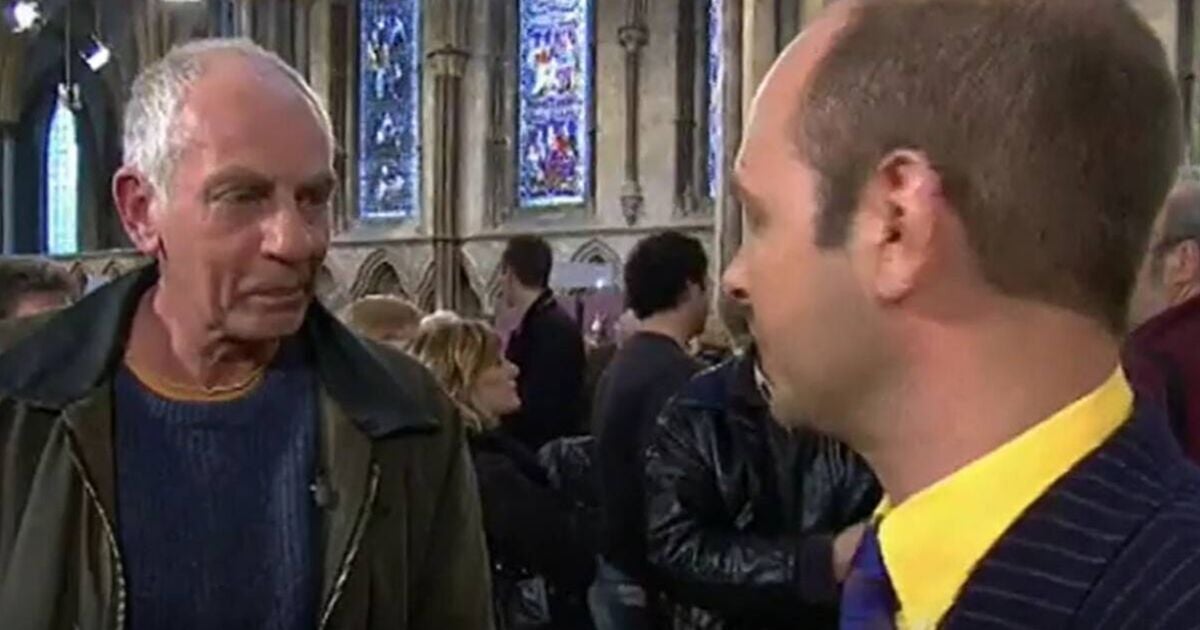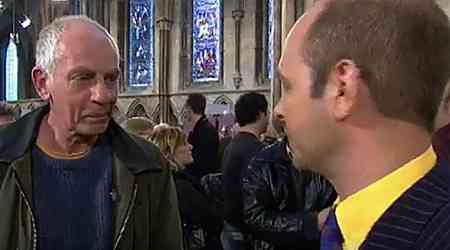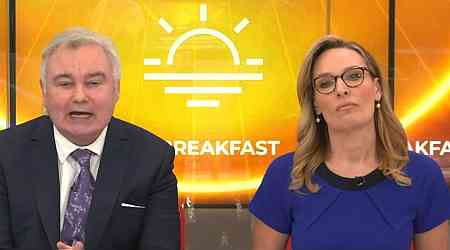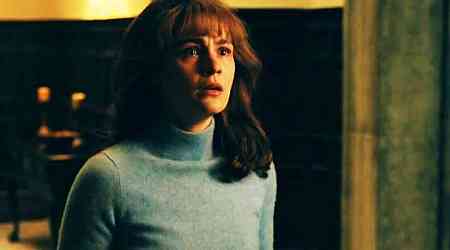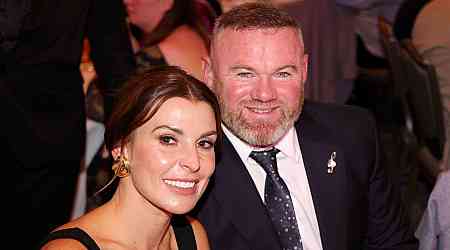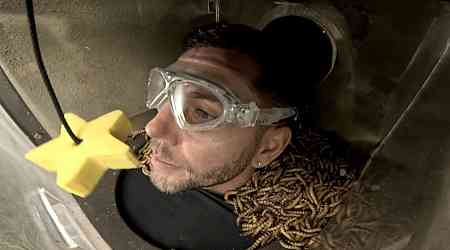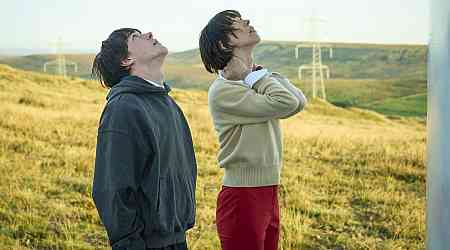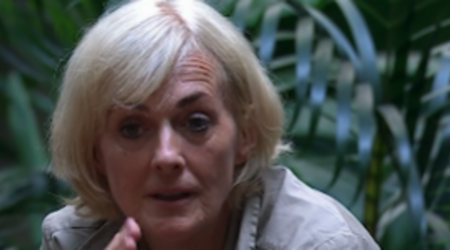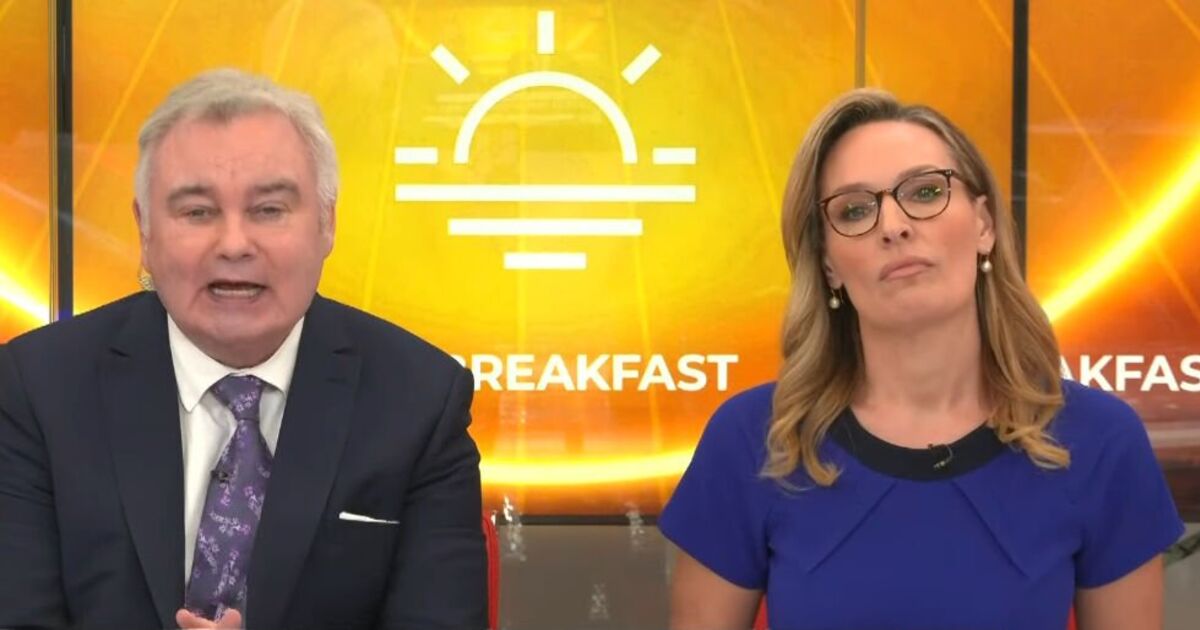Antiques Roadshow: Leica camera exposed to be a fake
An Antiques Roadshow expert had to break the news to a hopeful guest that his expensive camera was, in fact, a counterfeit.
The BBC hit show took its expertise to the grand Lincoln Cathedral, where specialist Marc Allum was ready to delve into the intriguing items brought in by the public.
One visitor presented what appeared to be a Leica camera, sparking initial excitement from Allum, who reminisced: "Do you know, I remember many many years ago I had the pleasure of discovering a Leica Luxus camera on the Roadshow.
"I cannot describe how I felt about it at the time, it was very rare. The first sight of this camera made my heart really, really flutter because this is, of course, a very beautiful Leica camera."
"It glimmered, or gleams, just like that Leica. Now what I want to know is how you come to have this camera."


The owner replied: "I first saw it, not a million miles from here, only 10 miles up the road, there's an antique centre, they have glass cases there and as soon as I saw it, I knew it was very rare.
"I'd never seen one before. Having the Olympic rings on, I knew it was from the 1936 Berlin Olympics."
Allum then pointed out the distinctive markings that included the Olympic rings, an eagle, Swastika, and the year 1936 on the front lens cap, which were key to the camera's supposed authenticity.
Despite the expert's thoughtful explanation, it was clear that there was something not quite right about the item.
He explained: "We've got the ever ready case, it's got Leica on the front of it so for all intents and purposes, what it looks like is we've got the genuine article. We have to look deeper.
"Because quite often, which is unfortunately the case, is that things that look really good sometimes turn out to be a bit too good to be 'true'.
"I've always had a strong interest in cameras but I was surprised to find in places like the Czech Republic, or Czechoslovakia then, that there were some very rare Leica's around, particularly Luftwaffe Leica's and Luxus Leica's.
"And what I discovered was, these were being faked. Now what we have here is, what I feel is, a fake. Let me explain why it has some problems."

The guest listened silently, visibly processing the information as his gaze stayed locked on the camera.
Allum further detailed his analysis: "Firstly, there is a number on the top which is a five-digit serial number."
"Now, generally, Leica's have six digit serial numbers and in fact the number corresponds with a Leica 3A.
"So essentially we've got something that's been changed and embellished on a much older SaShi and had these elements added to it to turn it into this camera."
Allum began to conclude: "Obviously what I really don't want to do is disappoint you about this camera which is inevitably what I've done -".
The guest chimed in with agreement, saying: "- done. Yeah."
Allum was curious about the cost of the item, leading to the guest's revelation of the hefty £480 price tag.
Allum remarked: "£480. Considering the work that's gone into this, I think £480 isn't unreasonable but of course, for something that could have been worth thousands and thousands of pounds, it goes to illustrate the high stakes risk in an area that is essentially for the very, very serious collectors and high spenders."
He advised the guest: "Just take it for what it is. Put it on the shelf but don't feel bad about it. Don't feel bad about it."
Antiques Roadshow is available to watch on BBC One and BBC iPlayer.


















